GRATITUDE:
The following is an adaptation of the synod’s Fall Stewardship offerings based on the upcoming Sunday lessons from Luke 17:11-19 and 2 Timothy 2:8-15. Enjoy this gift from our Synod.
This story of healing in Luke's gospel is a familiar one with the 10 lepers doing as Jesus commanded and going to show themselves to the priest. We know the twist of the Samaritan, finding himself healed, going back to thank Jesus. We know how much stewardship and gratitude are intimately connected, giving thanks for what God has abundantly given us and then giving back.
Diana Butler Bass says this of gratitude, in her book Grateful, "Gratefulness grounds our lives in the world and with others, always locating the gifts and grace that accompany our way. Gratitude is an emotion. Gratitude is an ethical way of life. It is a disposition, an awareness, a set of habits. But ultimately, gratitude is a place - perhaps the place - where we find our truest and best selves." (p. 194) This idea of gratitude as a place opens up this healing story in a new way. The Samaritan prostrating himself at Jesus' feet and thanking him is a position that is likely quite unfamiliar to those of us living in 2022. The practice of kneeling, genuflecting, and prostrating, is rarely seen in our Lutheran congregations anymore. We see kneeling at the communion rail, or perhaps for a healing service, maybe even for a marriage blessing. But laying, face down, hands out with head touching the ground? In a world where many of us take pride in being self-sufficient, prostrating seems like a foreign concept. Yet perhaps it is just this sense of pride that prevents many disciples from experiencing the freedom of gratitude, the stewarding of faith and thanksgiving that makes it possible to truly live in the abundance of God's eternal life, here and now. And, it is no small thing that all ten were 'made clean' and when this one turned back the text tells us that he was healed. We have seen it time and again that one can have all the abundance of earthly treasures and still be unwell, seeking to fill an insatiable hunger for abundant life in everything but the source of life itself, the Triune God.
It is only in God that one can truly find this life and be situated in an attitude of gratitude that lives on despite (and even in resistance of) sin, death, and the devil. Certainly, there are things and situations in life for which one does not give thanks. "Gratitude never calls us to give thanks for anything that is evil or unjust, never for violence, lying, oppression, or suffering. Do not be grateful for these things. The Greek word is en, which means 'in, with, within, throughout.' It locates us here and now, in the past, and in the future; in happiness, in despair; in all things, in all times, in all situations." (p. 193-194) Stewarding gratitude does not become then a Little Orphan Annie, "gray skies are gonna clear up, put on a happy face," approach to life, but a deeper, rooted from the ground up, way of living in this world. It is a defiant knowing that faith in the risen Lord Jesus brings healing and wholeness despite all the ways this world pulls us toward ingratitude and believing that we have no need of God.
In 2nd Timothy, this way of living is evident and becomes a way of life, even when proclaiming this gospel results in imprisonment. Living in gratitude includes daily dying and rising in our baptismal promises. Gratitude takes endurance, practice, and choosing to live out faith in this way. And, again as the text from 2 Timothy reminds us, even when we get it wrong Christ never does. We can turn again and again to prostrate ourselves at the foot of the cross where the world is healed and the only thing left is God's abundant grace.
It is from here, then, that disciples are sent to faith (using faith again as a verb here). To live in such a posture as to see the abundance of God's gifts and then to give thanks - which takes on many forms. From beginning and ending each day by listing three things for which you are grateful; taking time to write thank-you notes; giving back - with talents, time, and money. Through these actions and in this way of living, disciples begin to both proclaim and show the good news of Jesus Christ, being for the world signs of God's gracious gifts.
Try the postures of kneeling, genuflecting and prostrating yourself during prayer.
In the gospel text the Samaritan was made clean but was healed when he turned back to give thanks. Have you ever experienced a change in attitude that truly transformed you?
How does giving out of gratitude feel different from giving out of duty?


